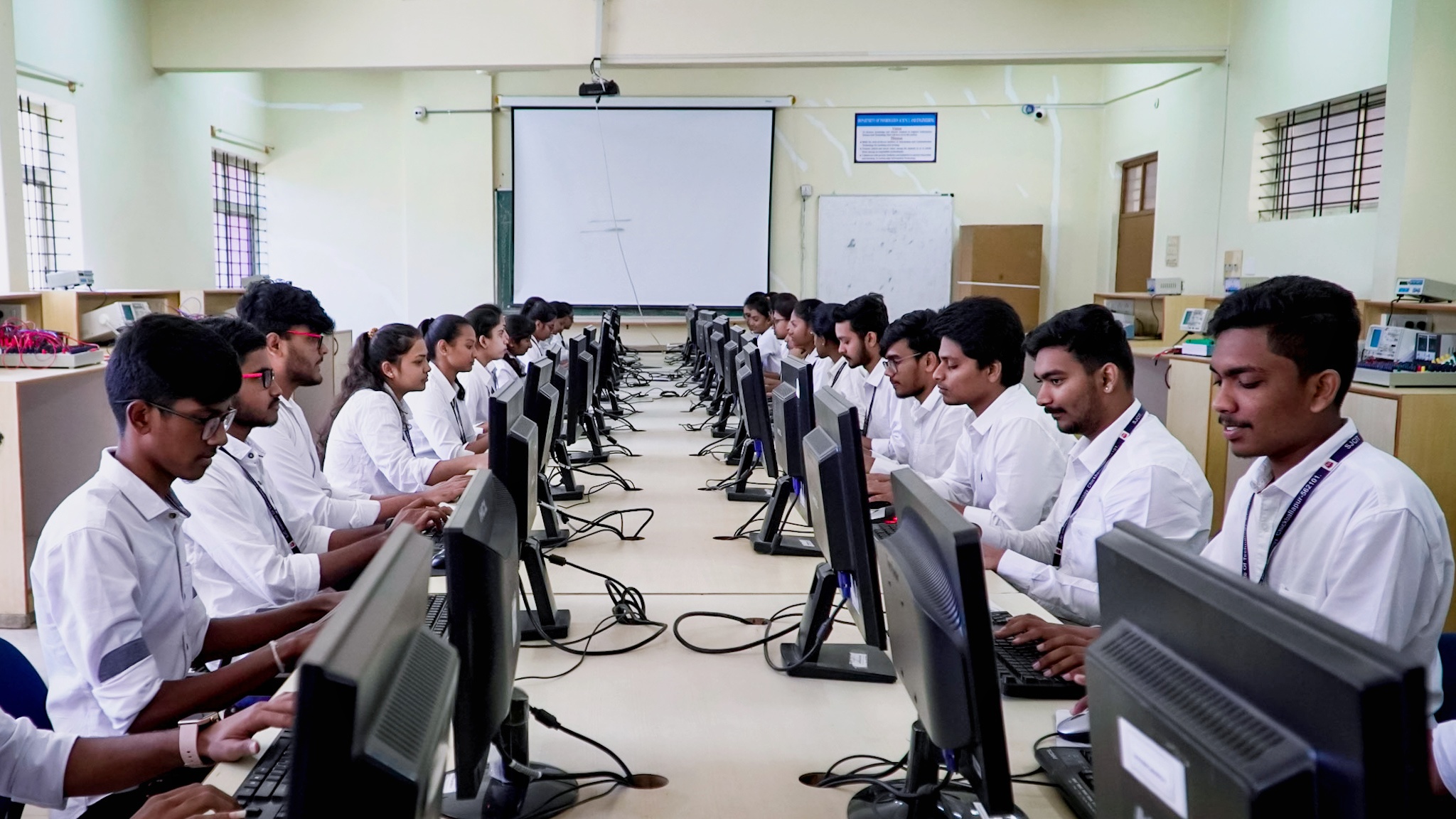To build competent professionals embedded with human values to meet the challenges in the field of Computer Science & Engineering.
PEO1: Graduates will have strong foundation in fundamentals to solve Engineering problems in different domains.
PEO2: Graduates will have successful careers as computer Science Engineers and be able to lead & manage teams.
PEO3: Graduates will instill interpersonal skills and attitudes in the process of Life long learning
PSO1: Ability to adapt to a rapidly changing environment by learning and employing new programming skills and technologies
PSO2: Ability to adapt to a rapidly changing environment by learning and employing new programming skills and technologies









